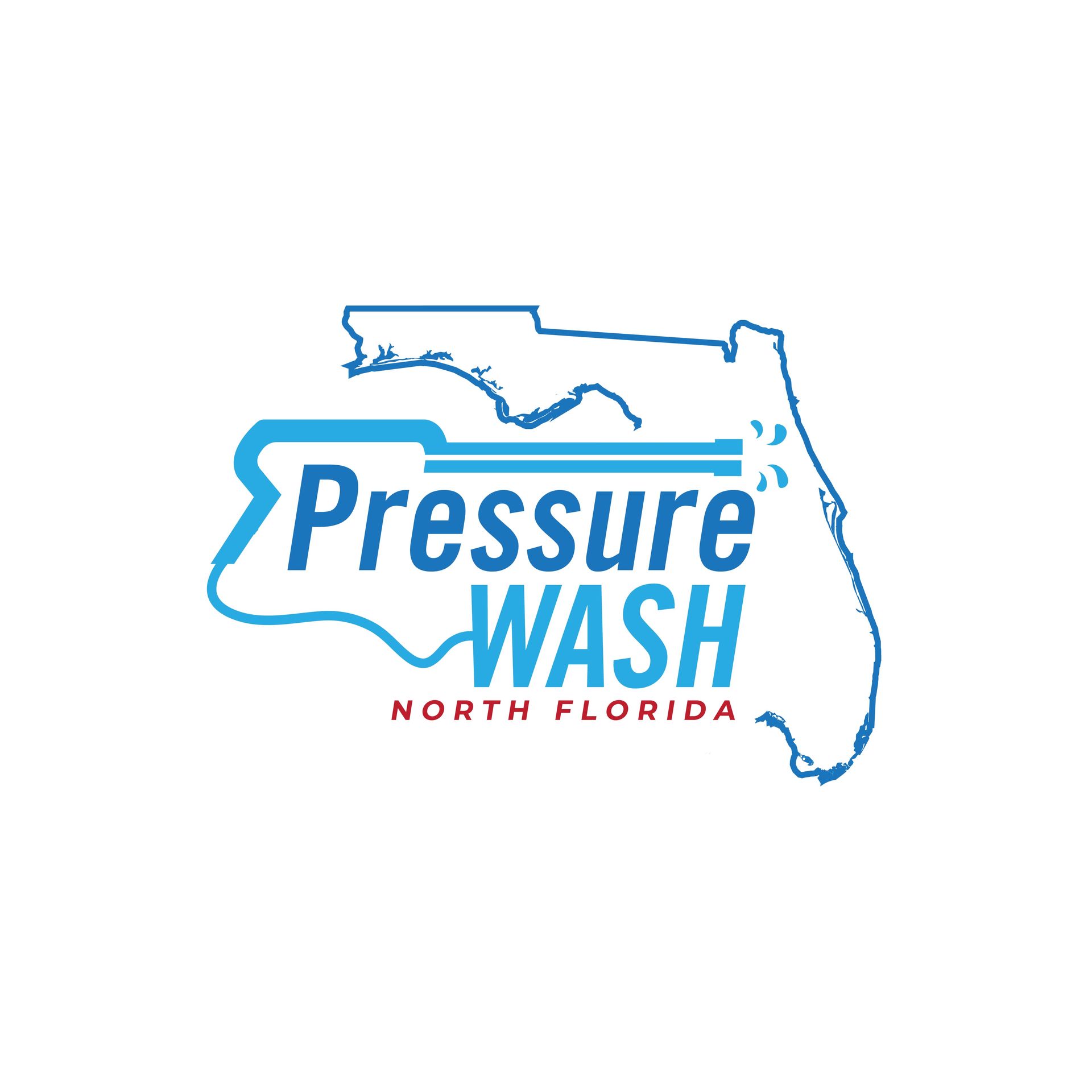List of Services
-
House washList Item 1
Revitalize your home's exterior with our professional house soft wash service. Our gentle yet effective soft washing technique removes dirt, grime, mold, and mildew, restoring your home's curb appeal without damaging surfaces.
-
Roof washList Item 2
Transform your roof with our professional roof soft wash service. Our specialized soft washing technique gently removes dirt, moss, algae, and stains, restoring your roof's appearance and extending its lifespan.
-
Concrete cleaningList Item 3
Transform your concrete surfaces with our professional pressure washing service. Our high-pressure washing technique effectively removes stubborn dirt, oil stains, grease, algae, moss, and other tough contaminants, rejuvenating your concrete's appearance and enhancing its durability.
-
Gutter cleaningList Item 4
Keep your gutters clean and free-flowing with our professional gutter cleaning service. Our experienced team efficiently removes leaves, debris, and buildup from your gutters, ensuring proper drainage and preventing water damage to your home
-
Window cleaning
Transform your space with our professional window cleaning services! From homes to businesses, we provide streak-free shine and impeccable results. Experience the difference today.
Benefits and safety of soft washing
- Effective Cleaning: Soft washing is highly effective at removing organic stains and growth, including algae, moss, mildew, and lichen. It often involves the use of specialized cleaning solutions that help break down and remove these contaminants.
- Preserves Surfaces: Unlike high-pressure power washing, soft washing is gentle on surfaces. It minimizes the risk of damage to delicate materials like wood, shingles, stucco, and more. This helps extend the lifespan of these surfaces.
- Longer Lasting Results: Soft washing tends to provide longer-lasting results compared to traditional power washing. The cleaning solutions used can prevent regrowth of organic matter, keeping surfaces cleaner for an extended period.
- Enhanced Curb Appeal: Regular soft washing can significantly improve the appearance of a property. This is particularly important for homes, commercial buildings, and other structures where visual appeal is a priority.
- Versatile Application: Soft washing can be used on a wide range of surfaces including roofs, sidings, decks, fences, driveways, and more. This versatility makes it a valuable cleaning method for various types of properties.
Safety Considerations of Soft Washing:
- Reduced Risk of Surface Damage: The lower pressure used in soft washing minimizes the risk of damage to surfaces. This is particularly important for delicate materials like wood, vinyl, stucco, and roofing materials.
- Protection of Landscaping: Soft washing is less likely to harm plants, grass, and landscaping surrounding the area being cleaned. However, it's still a good practice to wet down plants before and after soft washing to further mitigate any potential impact.
- Reduced Water Usage: Soft washing typically uses less water compared to high-pressure power washing. This can be beneficial for regions with water restrictions or for individuals looking to reduce their water consumption.
- Professional Expertise: Hiring a professional ensures that the process is carried out correctly, minimizing the risk of damage and ensuring the best results.
Frequently Asked Questions
Q: What is the difference between pressure washing and soft washing?
A: Pressure washing uses high-pressure water to clean tough surfaces, effectively removing dirt, grime, and stains from concrete, brick, and other hard surfaces. Soft washing, on the other hand, uses low-pressure water combined with specialized cleaning solutions, including sodium hypochlorite, to safely clean more delicate surfaces such as siding, roofs, and windows without causing damage.
Q: How often should I have my property cleaned?
A: The frequency of cleaning depends on various factors including the environment, weather conditions, and the amount of exposure to dirt and pollutants. Generally, it is recommended to have your property cleaned once a year to maintain its appearance and prevent the buildup of harmful substances like mold and algae.
Q: Is the sodium hypochlorite used in soft washing safe for my plants and landscaping?
A: While sodium hypochlorite can be harmful to plants if used improperly, we take special precautions to minimize any impact on your landscaping. Our team carefully controls the application process and thoroughly rinses surrounding areas to ensure your plants and greenery are protected.
